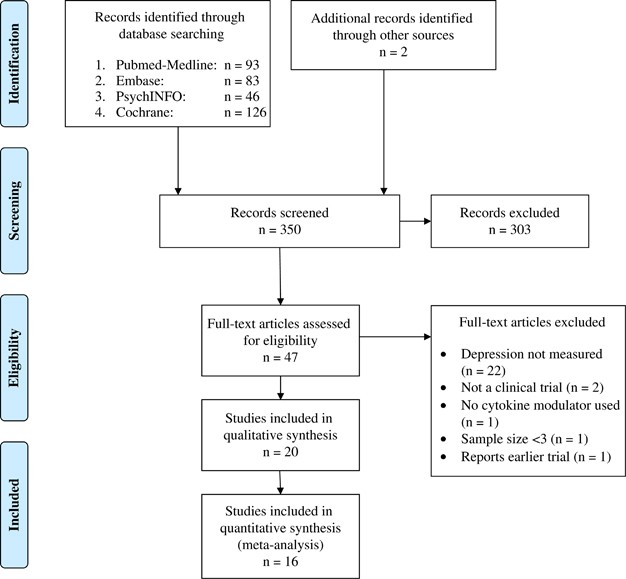David Baxter PhD
Late Founder
Inflammatory response linked to depression
September 4th, 2006
ATLANTA, Sept. 1 (UPI) ? People with major depression have an exaggerated inflammatory response to psychological stress compared to those without depression, says a U.S. study.
Study leaders Dr. Andrew Miller and Christine Heim of Emory University School of Medicine say the findings suggest that increased inflammatory responses to stress in depressed patients may be a link between depression and other diseases, including heart disease, as well as contributing to depression itself.
Twenty-eight medically healthy male participants, half of whom were diagnosed with major depression and half of whom were not depressed, were exposed to two moderately stressful situations during a 20-minute time period. Blood was collected every 15 minutes to test to check for key indicators of inflammation.
While at rest ? before the stress challenge ? the depressed patients had increased inflammation relative to the control group.
Both the depressed and the healthy groups showed an inflammatory response to the stress challenge, but people who were currently depressed exhibited the greatest increases, according to the findings published in the American Journal of Psychiatry.
September 4th, 2006
ATLANTA, Sept. 1 (UPI) ? People with major depression have an exaggerated inflammatory response to psychological stress compared to those without depression, says a U.S. study.
Study leaders Dr. Andrew Miller and Christine Heim of Emory University School of Medicine say the findings suggest that increased inflammatory responses to stress in depressed patients may be a link between depression and other diseases, including heart disease, as well as contributing to depression itself.
Twenty-eight medically healthy male participants, half of whom were diagnosed with major depression and half of whom were not depressed, were exposed to two moderately stressful situations during a 20-minute time period. Blood was collected every 15 minutes to test to check for key indicators of inflammation.
While at rest ? before the stress challenge ? the depressed patients had increased inflammation relative to the control group.
Both the depressed and the healthy groups showed an inflammatory response to the stress challenge, but people who were currently depressed exhibited the greatest increases, according to the findings published in the American Journal of Psychiatry.






